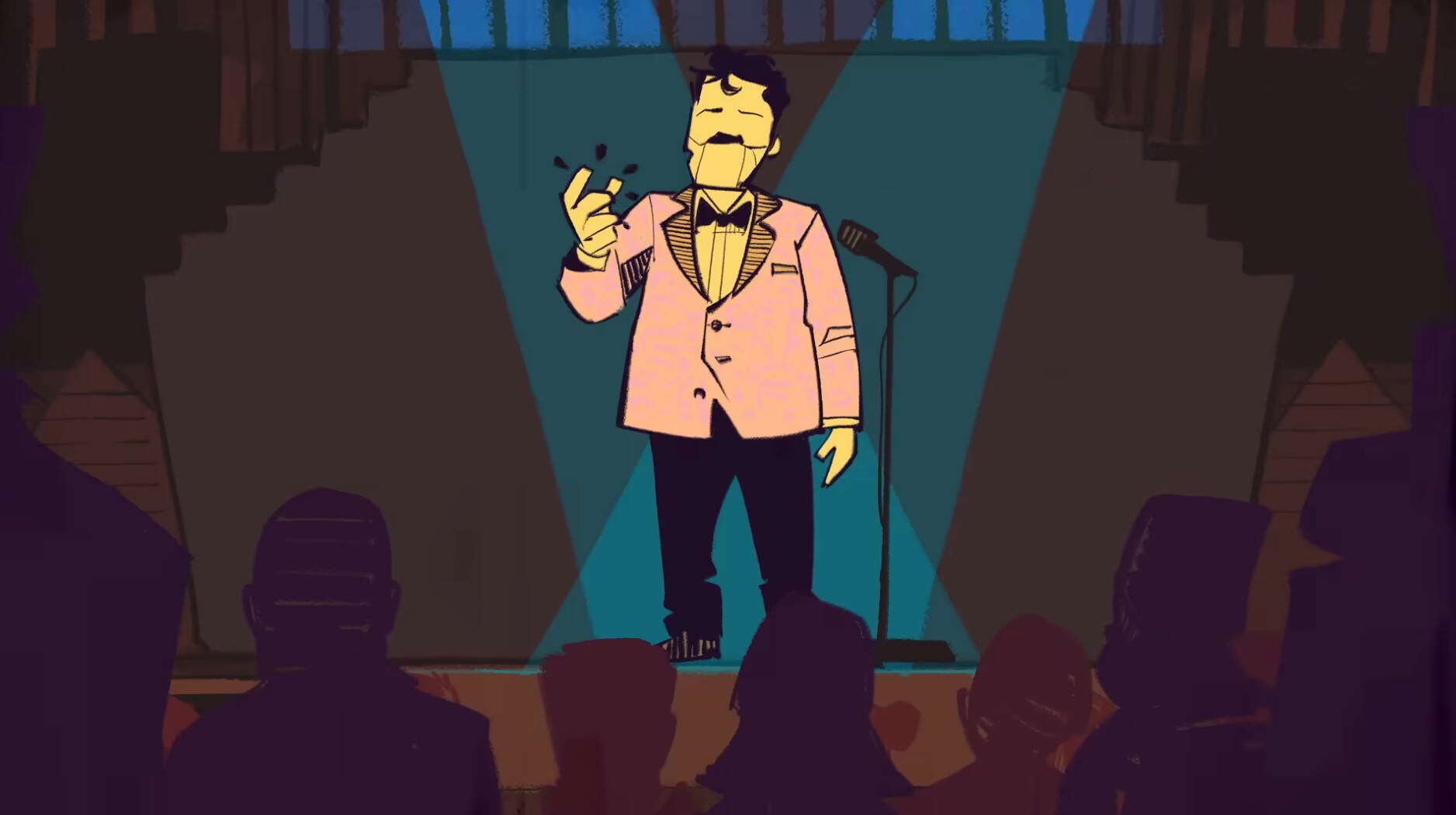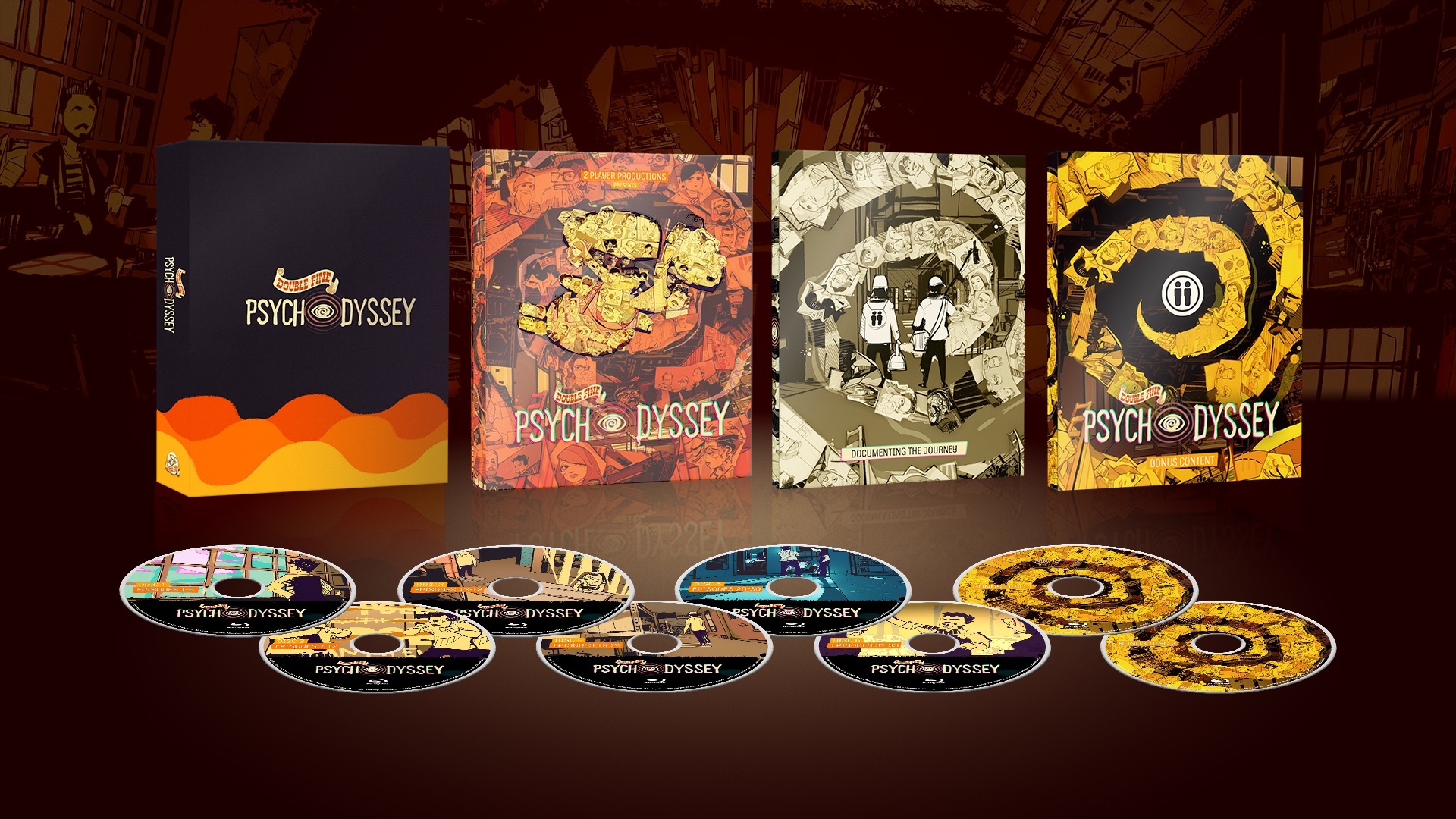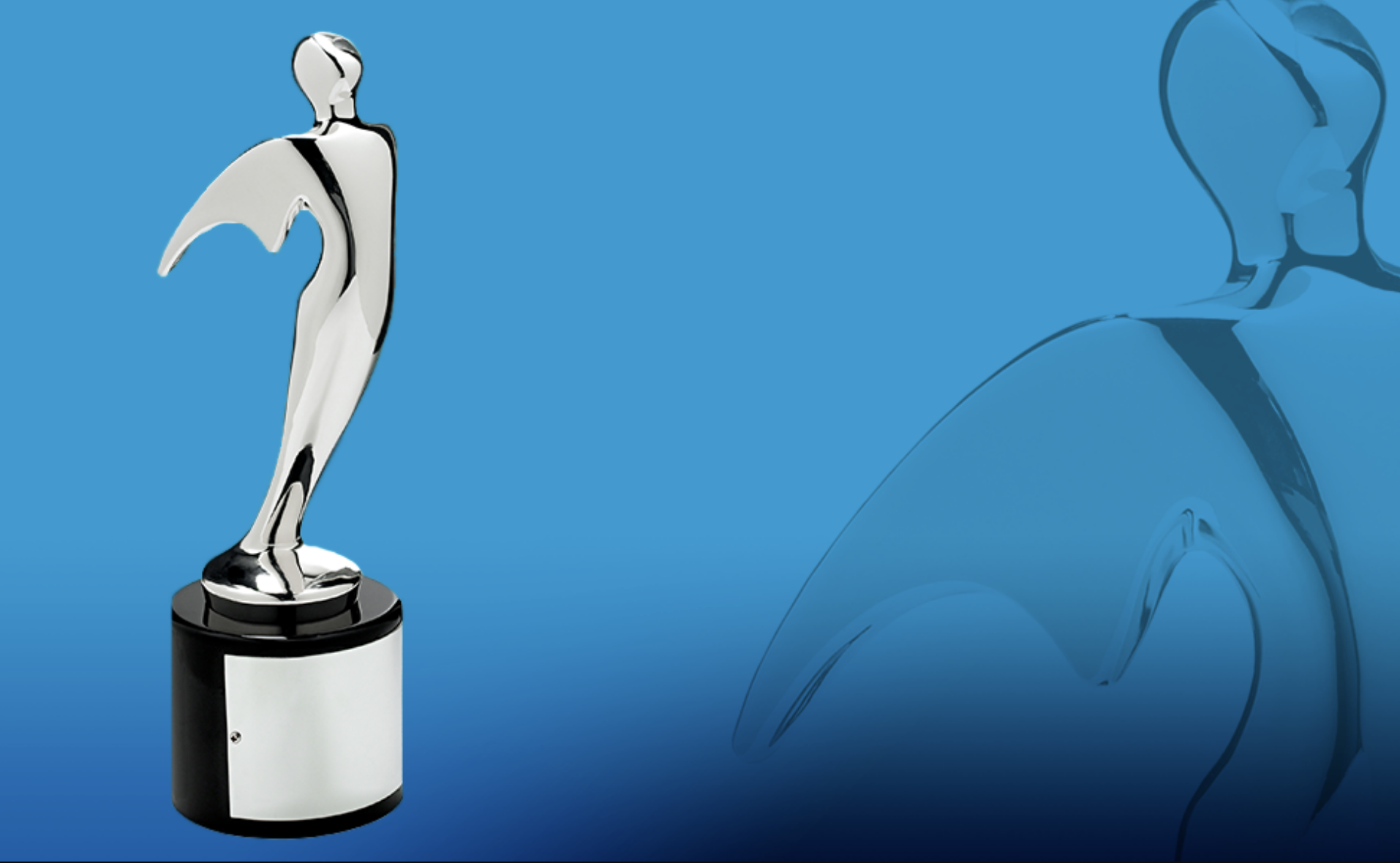Psychodical Praise
Double Fine PsychOdyssey has been out for nearly two months and as 2 Player Productions takes stock of the lengthy endeavor, the documentary has also captured the mind of plenty of press folks and viewers. We've had the honor of hitting 100k subscribers on our fairly modest YouTube account and received very kind feedback from fans who've learned more about game development. We'd like to share some write-ups that have stuck in our own minds, as they've helped put the series into focus and stress what worked. In some cases, the words are extremely flattering. In others, that kindness remains but is touched with insights into the studio work process and reflection on personal experiences. We appreciate it all; the PsychOdyssey was a once in a lifetime project.
To start, I'd like to guide folks towards a piece I know the fellas at 2PP greatly appreciated. Stephen Gillespie's review at The Twin Geeks focused on the raw vulnerability of what was on screen and how it led to a viewing experience that was insightful. He mentions the paradox of feeling you know the folks on screen quite personally and I think that's a good thing mostly even if you never want to look at real people entirely as characters. Still, this is a kind write up. To quote:
This isn't just good because it exists, this is good because it is very good. Our storytelling keeps the overall project at the forefront but also picks key figures to follow. Narrative arcs are built up as we swap between meetings, talking head interviews and general footage of work. All interviews are conducted at the time, so there is a sense of immediacy, like an inner working is still being captured as opposed to a distanced reflection. The goal is to capture transparency, not to editorialise the process.
Another breakdown can be found at Bloomberg. This piece, which also contains an interview with Tim about the documentary process and Double Fine's approach to transparency, was written by Jason Schreier. Full discolure here: I worked with Jason during my time as a journalist but what I do like about the approach in this article is the way in which his questions focused on how the documentary is a tool that can be used for figuring out the good and bad of a process. I think when you release a game and there's a good response like there was with Psychonauts 2, it might be tempting to say that everything was smooth but that's not really the case. There were high and lows and you can't really hide from them when those moments are meticulously catalogued. There are mistakes and while that can be difficult to return to, there's value in the journey for folks who might want to look back at what worked and where things went astray. Jason breaks it down:
The video series, released last month, includes awkward confrontations, struggles with tight deadlines and a string of tense moments ranging from snippy comments to a meeting about overtime that led to crying and cursing. It’s a rare and fascinating slice of transparency for an industry that usually guards its secrets like a dragon hoarding treasure.
You can't share everything, of course, but Double Fine PsychOdyssey does paint a few pictures. The balance between passion and realistic aims, the failures that go into every success, the different approaches to game development. For Double Fine, Psychonauts 2 was a project that helped reinforce the studio ethos even if that came after a variety of different approaches both mixed and butted heads. A more business-minded and analytical round up has been circulating on LinkedIn and while I always caution folks from thinking of documentary participants as characters in some story, being on full display does mean that people can and will break down your process. This can provide opportunities to learn about what viewers perceived were issues in your process. This challenging read by Daniel Maurath looks at managerial styles throughout the piece. In the end, with so much left on the screen, he comes to a conclusion about the documentary itself:
Suffice to say, this is not marketing. When there is 5000 hours of footage, reality cannot be hidden.
I think there's a temptation to look at situations and reduce them to their most basic elements and one thing I appreciate in this write up is the fact that there are multi-faceted reasons for every misstep in a process. One of the goals with Double Fine PsychOdyssey was really show situations from many different angles and avoid a presentation that would seem too much like a PR softball. Yes, this is an in-house documentary and that affects how we might look at things but I hope the consensus is that the documentary doesn't try to turn Double Fine into some miracle workplace. Rather, the goal is to show the realities of the work. I'm glad to be working here with so many people but the creative process is a journey where some days are hella good and others are full of a lot of difficult decisions. Double Fine PsychOdyssey pulls back a curtain; it's entirely fair game for viewers to map out what they'd do differently.
Jacob Geller and Charles McGregor join MinnMax's Ben Hanson to discuss the Double Fine PsychOdyssey.
Of course, if you want some breakdowns that aren't focused as much on workplace dynamics, there's also some great audio options that include extended chats from the enthusiastic folks at MinnMax. The above chat (which you can pair with their interview with Tim) slips back and forth between some fan reactions and a more nuanced breakdown of the lessons that came from watching the documentary. In some cases, that focuses on leadership strategies and in other cases there's a look at how the reality of the process matches/mismatches with people's expectations. For folks like Ben Hanson or Jacob Geller (who live on the journalist and essayist side of the line) there's a way in which the documentary does show a difference between the most public facing aspects of development compared to the day to day.
On the other hand of the spectrum, there's also people looking at the documentary from the perspective of film-makers. I'm a big fan of Danny O'Dwyer and the documentary work of NoClip, so hearing a breakdown from that team, one which looks at the documentary from the perspective of a documentarian peer, is really exciting and it's really cool that you can get that alongside the fan-minded discussions from folks like NerdCubed is really exciting to me. A lot of different people have been looking at the documentary. Some of them are journalists wondering what the story is, some are peers comparing process, some are job professionals looking at leadership styles, and plenty more are simply fans enjoying the ride. No matters what kind of breakdown you're looking for, there's something to find that will fit the mold. That's really humbling and a reminder of both how great our fans are but also the ways in which being transparent with your processes can benefit a wide variety of people. Hopefully, more folks will share their thoughts on the series in the next few months. It's really helped us understand Double Fine PsychOdyssey in some cool and unexpected ways!








